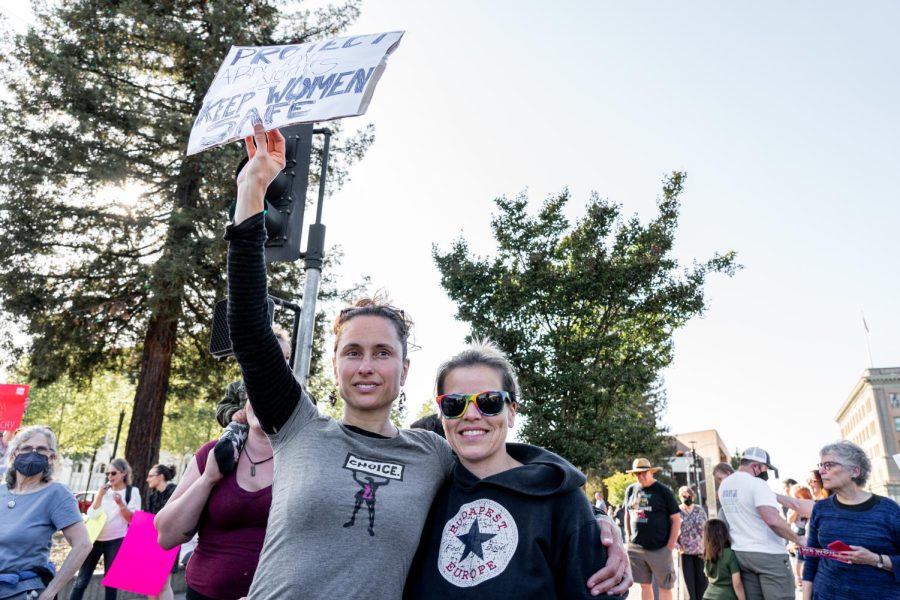In the wake of the U.S. Supreme Court’s repeal of Roe vs. Wade, Proposition 1, on the California General Election ballot Nov. 8, proposes to safeguard an individual’s right to choose abortion.
Since 1969, Californians have had the right to choose abortion, thanks to the California Supreme Court’s ruling in People vs. Belous. Twenty years ago, in 2002, that right was further protected under the state’s Reproductive Privacy Act, which ensured an individual’s privacy in reproductive decisions, including the right to an abortion or to choose or refuse birth control. But in the wake of the U.S. Supreme Court’s repeal of Roe vs. Wade and conservative momentum in state legislatures and federal politics, California lawmakers think these protections are not enough.
On Nov. 8, Californians will vote on whether to amend the state constitution to include abortion and the right to choose or refuse contraceptives as explicit rights.
The proposition reads: “The state shall not deny or interfere with an individual’s reproductive freedom in their most intimate decisions, which includes their fundamental right to choose to have an abortion and their fundamental right to choose or refuse contraceptives.”
State legislatures included the right to choose or refuse contraception in the amendment to prevent a resurgence of California’s eugenics laws, which authorized the forced sterilization of more than 20,000 Californians, most of them people of color, from 1909 to 1979.
Proponents of Proposition 1 say it’s necessary to amend the California Constitution for two reasons; one, to include protection for reproductive rights since these rights are no longer protected under the U.S. Constitution, and two, because the Reproductive Privacy Act can be too easily repealed by future conservative legislatures. Since the U.S. Supreme Court declared Roe vs. Wade unconstitutional, 13 states initiated a complete ban on abortions.
According to the California General Election Voter Guide the amendment would not change a person’s existing rights to privacy and equal protection under the California Constitution, and it would have no fiscal impact because it doesn’t affect rights that are already protected by state law.
A “yes” vote on Proposition 1 would solidify existing rights to reproductive freedom under the California constitution, and a “no” vote would keep reproductive rights the way they are, protected under repealable state law.
Opponents say Proposition 1 is unnecessary since reproductive rights are already protected by state law. They say it will cost taxpayer money, but don’t say how since the proposition doesn’t change state policy.
Opponents also say the proposition will expand the range of time in a woman’s pregnancy that abortion would be legal since the amendment does not mention fetal-viability. The Reproductive Privacy Act protects abortions occurring before fetal viability, or 24 weeks after conception, or later if necessary to protect the health of the mother. But healthcare providers who are licensed to perform abortions are regardless held to professional and ethical standards binding them to maintain the life of a fetus if it was alive after the abortion.
According to the California Official Voter Information Guide, supporters of Proposition 1 include the California Medical Association, Planned Parenthood Affiliates of California; and the League of Women Voters of California.
Opponents to Proposition 1 include the California Alliance of Pregnancy Care, the International Faith Based Coalition, and Assemblymember Jim Patterson, R-Fresno.





